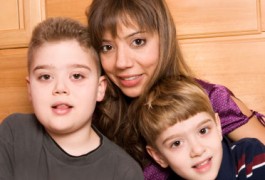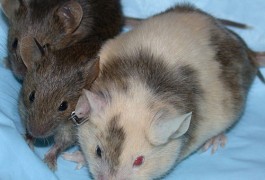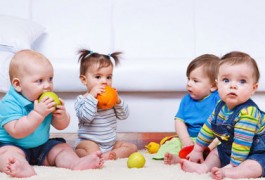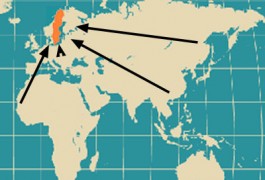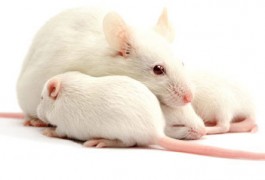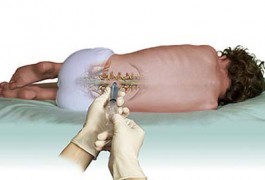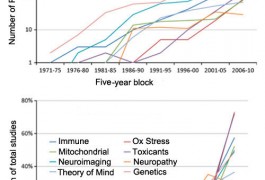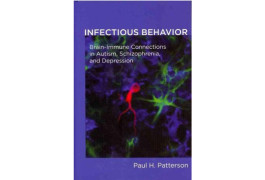Genetics: Autism risk higher in full than in half siblings
Full siblings are twice as likely as half siblings to share a diagnosis of autism, according to a short report published 28 February in Molecular Psychiatry. The results suggest that genetic factors play an important role in the risk of developing autism, the researchers say.
